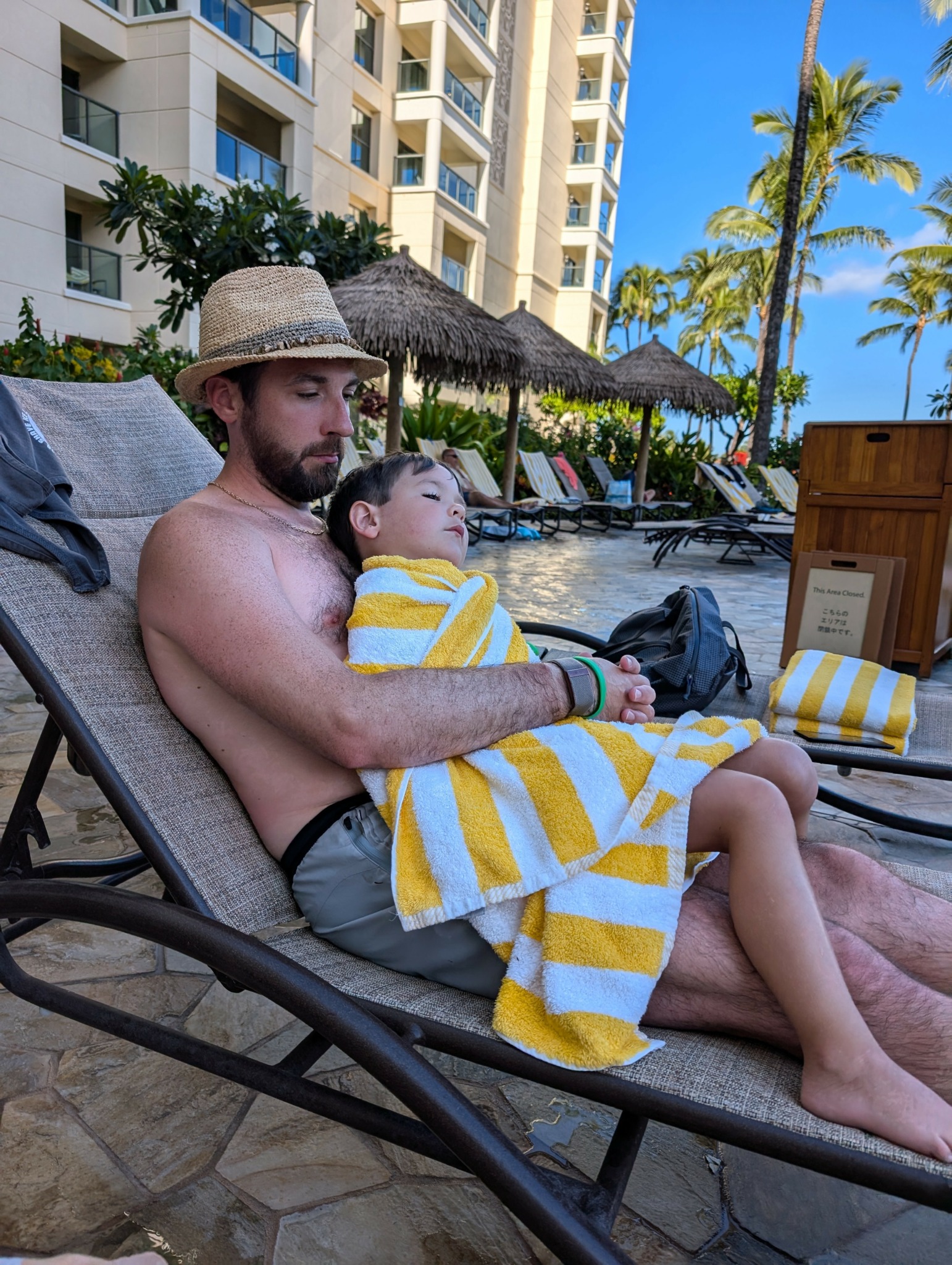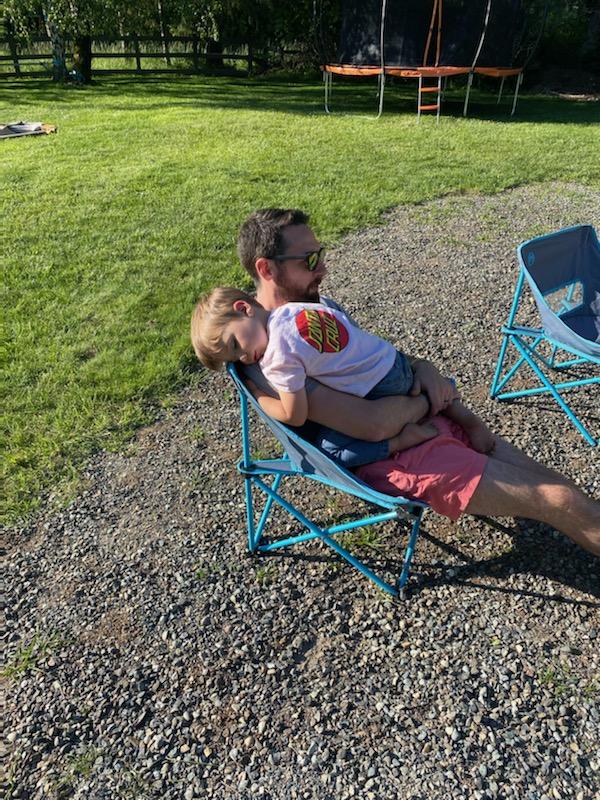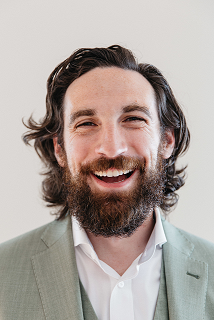We were lucky to catch up with Ray Deck Iii recently and have shared our conversation below.
Alright, Ray thanks for taking the time to share your stories and insights with us today. What’s the backstory behind how you came up with the idea for your business?
I moved to Bellingham, Washington for work in a different field. I met my wife here, and we started to put down roots. It caused me to think about this place differently than the other cities where I had lived. It was home, and I took an interest in the health of the community in a way that I hadn’t before. One night I attended a neighborhood meeting and by chance sat at the same table with a woman who had spent all of a 30+ year career in child welfare. We struck up a conversation. I was mostly asking novice questions like “people say foster care is broken, what does that mean?” She was patient with me, explaining from first principles. She described the child welfare situation in our town specifically and how there were particular gaps in service, families & children whose needs were not being met because it was such a difficult business and nobody had managed to maintain steady operations. I got curious enough to ask for another meeting, and she brought some friends along who were also interested in the issues. That group met weekly for 6-months and ultimately wrote a business plan together.
The initial goal was to open an emergency shelter for children entering foster care at inconvenient times—weekends, holidays, and overnights. Kids in crisis often first appear ‘on the radar’ at times when it would be difficult secure a foster home for them, so our idea was to open a facility that would be available 24/7 to provide high-quality but short-term care for children in need. The thesis being: if we can make the first few days that a child spends in foster care just a little easier, it will increase the odds that their first foster home is one well suited to their needs. We wanted to buy critical working time for social workers to make sense of a family’s situation and develop a plan that fits. We describe our shelter as a solution to ‘the 72-hour problem’ because children are generally in our care for approximately 72-hours, a period of their foster care experience that tends to be much more uncertain and unstable than the rest.
Operating a 24/7 emergency shelter is expensive, and the available state funding for this is meager, so we knew that cashflow was going to be an early challenge. We made one especially unique early decision. First, the emergency shelter would be staffed predominantly by volunteers—people who wanted to participate but did not think foster parenting was right for them at the time. Imagine professionals with demanding or irregular schedules, retired teachers & social workers, and college students who aren’t ready for the immersive responsibility of foster parenting but want to make a different somehow. Our shelter—which we call ‘The Landing’ because it gives kids a more gentle entrance into foster care—is a way for people like this to plug in and make a difference in a child’s life.
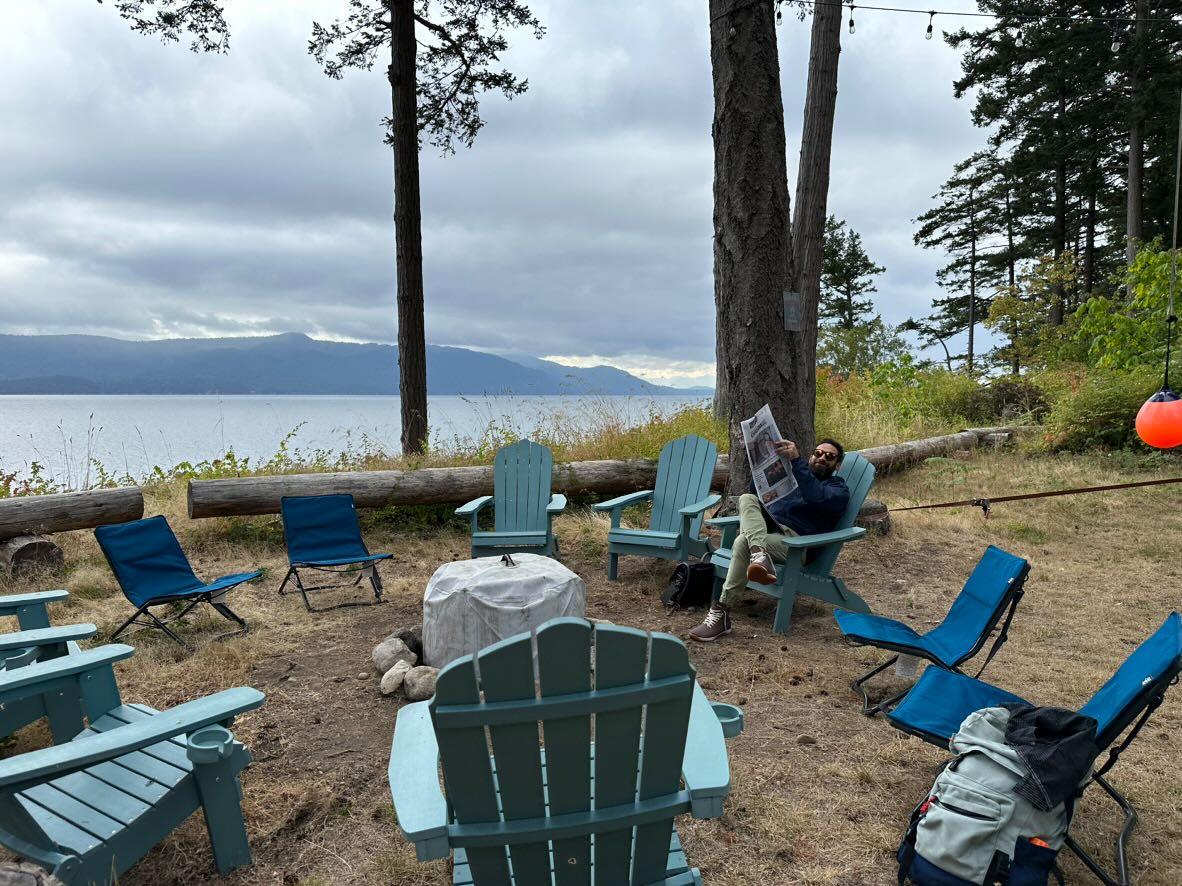
As always, we appreciate you sharing your insights and we’ve got a few more questions for you, but before we get to all of that can you take a minute to introduce yourself and give our readers some of your back background and context?
My professional background is sales & marketing with stints in publishing, hospitality, and software. In 2015, along with a team of volunteers, I founded Skookum Kids, a foster care agency based in Bellingham, Washington.
I like to describe Skookum as a way for anyone to participate in foster care. I believe the world is full of people who want to help but do not know how. Skookum creates opportunities for people to bring to bear their skills and passion without needing to opt-into the immersive experience of foster parenting. I am most proud, I think, of the many men and women who believed that foster parenting would be too difficult for them, and so became a volunteer instead. Many of these folks eventually came to see foster parenting as an manageable challenge with the community and support that is available to them at Skookum.

What’s a lesson you had to unlearn and what’s the backstory?
There is a belief in the business community that nonprofits have inferior talent—particularly in leadership—and that the challenges they face would be easily addressed by someone with business acumen. I believed that, at least partially, when I got started in the nonprofit world. I am here to report it is not the case.
The hardest adjustment for me, entering the nonprofit sector, was the way performance was disconnected from revenue. The activity to acquire revenue and the activity to become excellent in the field, to do a good job and serve people well, those activities are completely separate. If that were not the case, if there is a functional business model in an industry in which results produce revenue, then all the operators in that space are private for-profit enterprises. Nonprofits exist for the simple fact that there isn’t a way to make money doing these civically important functions. The people who take on those challenges are different in some kind of way, but certainly not less capable.
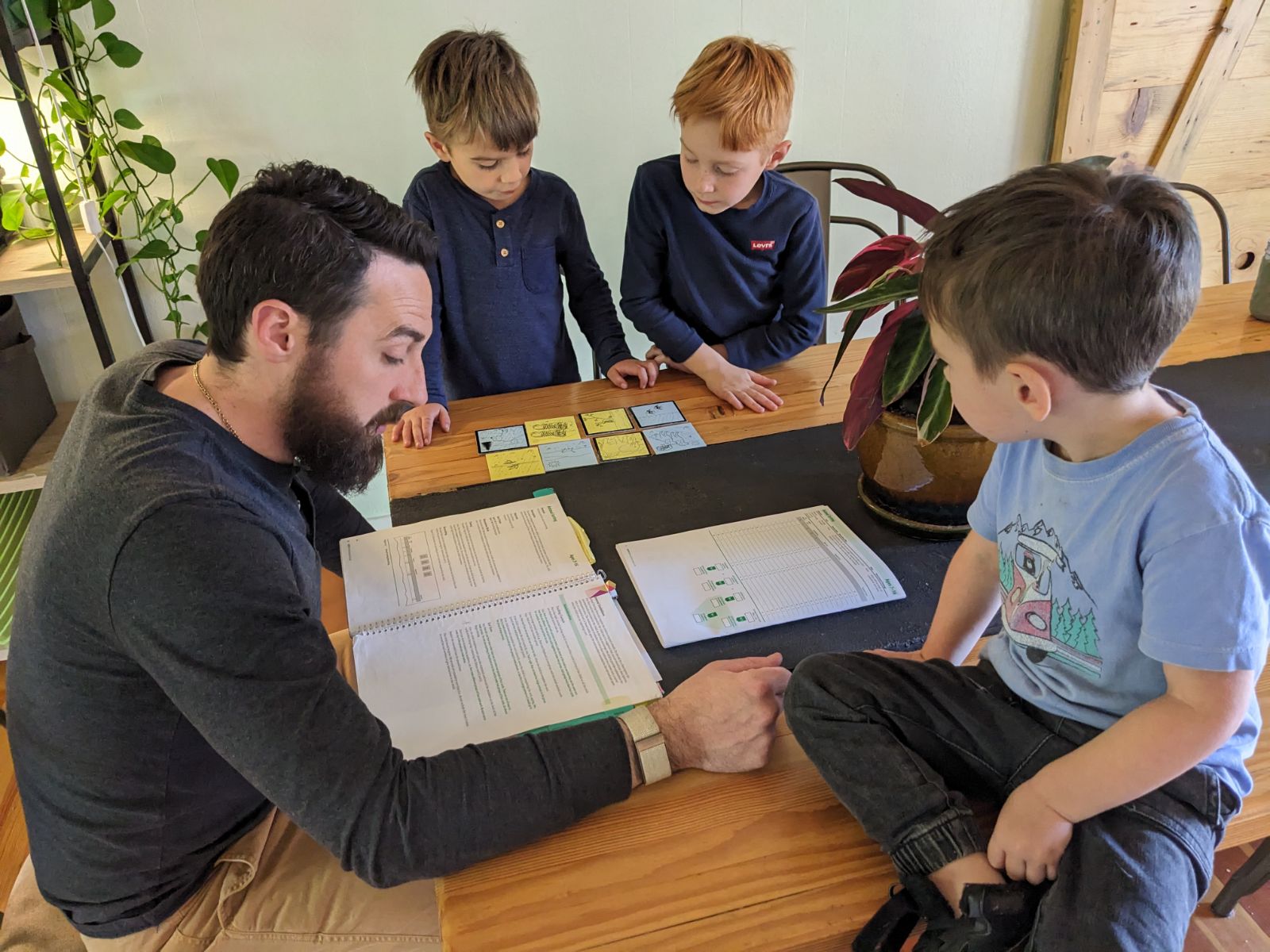
Has your business ever had a near-death moment? Would you mind sharing the story?
We had several close calls in the first 5–7 years. Most notable was a time when I miscommunicated with a funder, resulting in the unexpected loss of 15% of our annual revenue after not quite hitting the terms for a major grant. It happened at at a time of year when our ability to fundraise was limited, so we had a difficult project to avoid significant layoffs that would adversely impact our ability to continue serving kids & families. We made up half of the difference through a range of cuts that were painful but not fatal, and the rest we managed to raise during a grassroots campaign that saw hundreds of new donors come out of the woodwork. Later that year, the Chamber of Commerce selected me as CEO of the year which felt quite fraudulent given the mess we had been managing which was of my own making. I still cringe when I look at that trophy. In my acceptance speech I said, “I used to think that an Executive was a professional with some kind of special knowledge which allowed them to avoid mistakes. Now I suspect that an Executive is a person who, when they make mistakes, maximizes their learning. I have certainly made plenty of mistakes this year, and I can only hope to learn as much as I can from them.”
Contact Info:
- Website: https://skookumkids.org
- Instagram: https://www.instagram.com/skookumkids
- Linkedin: https://linkedin.com/in/raydeck3
- Youtube: https://youtube.com/skookumkids
